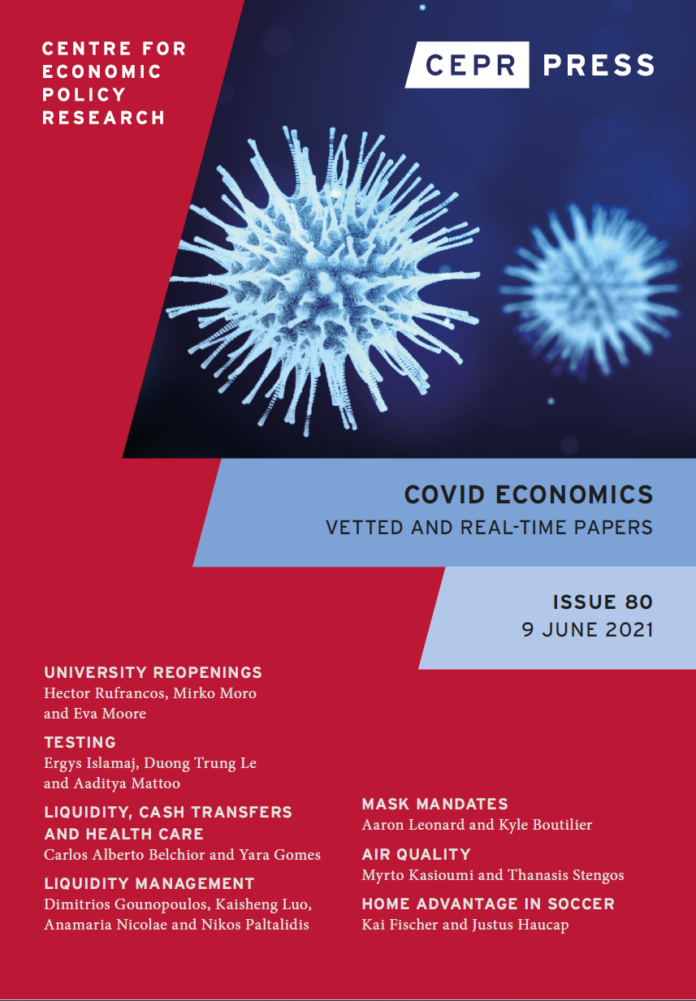Shared Parenting Scotland’s annual report has revealed the pressure of the pandemic on parents and children after separation.
Nearly 1,000 people approached the charity for information, advice, and help during the first year of Covid lockdown. This was the highest caseload ever and a 12 percent increase on 2019-20 and a 30% increase on 2018-19.
In the first half of the year, inquiries were driven often by confusion and lack understanding of travel restrictions for children who want to continue sharing parenting arrangements.
Most of our inquiries come from parents, mostly fathers, who have not been able to make arrangements for meaningful parenting time after divorce or separation.
The annual Shared Parenting Scotland user survey showed improvements in the situation for those who responded. This included better contact with their children, better communication and less stress.
Ian Maxwell, national manager of Shared Parenting Scotland, stated: “In common most third sector organizations 2020-21 was challenging in order to ensure that we could meet all the needs of those who came to us, often during a time of stress or anxiety. All monthly group meetings were moved online instantly and staff were able to work from home.
Covid encouraged parents to let go of their old positions and do their best for their children. Many more parents reported that their children were being exploited by Covid, sometimes out of wilful ignorance, and sometimes because they believed that travel to share parenting should not be allowed.
“It was also evident that equal parental involvement was among the first casualties of the school closures. We will continue to work with schools to ensure equal parental involvement is not an ‘add-on’.
“On our helpline, and in support group meetings, we always encourage grieving parents to concentrate on their children and to do everything possible to defuse conflict. We also advise them to get away from any personal history between themselves and the other parent. Our family law system has too many incentives to undermine and attack the other parent, and too few incentives for parents to work together in the best interests of their children.











